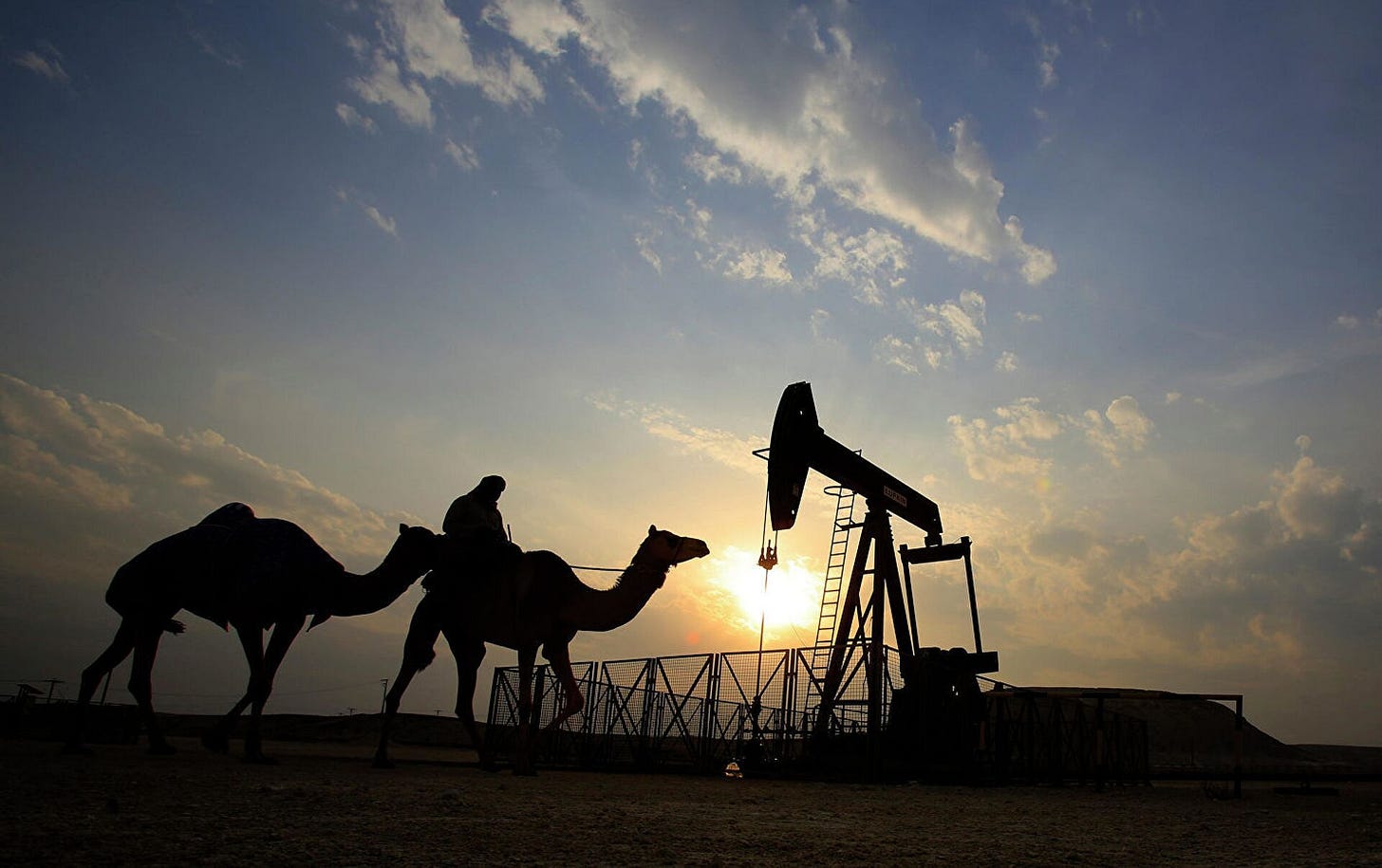Egypt Leverages BRICS for Russia Gas Deal in Bold Message to Trump
The move showcases Egypt’s ability to leverage its BRICS membership in the event of Western economic abandonment potentially undermining the Abraham Market.
As part of its emergency plan to handle American pressure, Egypt has promptly responded to US President Donald Trump’s controversial threats concerning the forced expulsion and subsequent acceptance of Gazans by Egypt and Jordan. On 10th February, Trump’s threat to withhold vital aid to the North African country was met with Egypt granting Russian oil giant Lukoil exploration and development rights to the South Wadi Al-Sahel concession. The move showcases Egypt’s ability to leverage its BRICS membership in the event of Western economic abandonment and signals a regional shift towards the bloc potentially undermining the Abraham Market.
Russo-Egyptian Energy Ties
Russia and Egypt have been cooperating on nuclear energy, oil, and gas exploration of the former’s continually discovered vast reserves, the most recent of which was BP’s discovery in the King Mariout offshore block and Exxon’s in the West Mediterranean. However, the Egyptian energy sector has historically been dominated by cooperation with American, European, and Gulf-associated companies. China has contributed to gas infrastructure and plays a key role in the country’s renewable energy goals, but its overall role, like Russia and Türkiye, currently pales in comparison to that of the West and the Gulf. Moreover, the West’s pursuit of proximity and influence in Cairo reportedly serves another goal: ensuring energy access to the region in the event of a Saudi shift eastward.
Lukoil, the Russian energy corporation involved in the recent deal, has been operating in Egypt for almost three decades and is part of the broader bilateral energy cooperation between the two countries. This cooperation has seen significant Russian investment in Egypt's energy sector, most notably with Russia’s 2017 agreement to construct Egypt’s first nuclear plant, the El-Dabaa Nuclear Power Plant; the plant will be the second of its kind in Africa and is expected to be completed by 2028. In the same vein, as part of several new deals signed by the Egyptian government with foreign companies this month, totalling $225.3 million, Lukoil has agreed to invest a minimum of $22.5 million in the South Wadi Al-Sahel concession, west of the Suez Canal, to drill at least six exploratory wells.
Saving Egypt and Palestine?
The Egypt-Russia deal is significant in that it comes amidst fresh US sanctions on Lukoil, threats to Egypt’s territorial integrity, and, more broadly, Saudi Arabia’s recalibration vis-à-vis the artificial intelligence sector. The deal was not the result of a bidding process, but rather a direct order agreement courtesy of the Egyptian Ministry of Petroleum and Mineral Resources, indicating intentionality in messaging to the US. Taken together, these developments further underline the pragmatism of an ever-unstable region and the increasingly attractive, BRICS-led alternative.
Cairo has historically chosen to stay friendly with the US and align with Western neoliberal interests at the expense of the population. However, as a member of BRICS, it is not without options in the global economic arena. With Washington asking for too much regarding the forced displacement of Gazans, Egypt’s deal with Lukoil is a clear statement: such a plan is unacceptable, even if the alternative is economic and financial warfare waged against the already fragile state.



